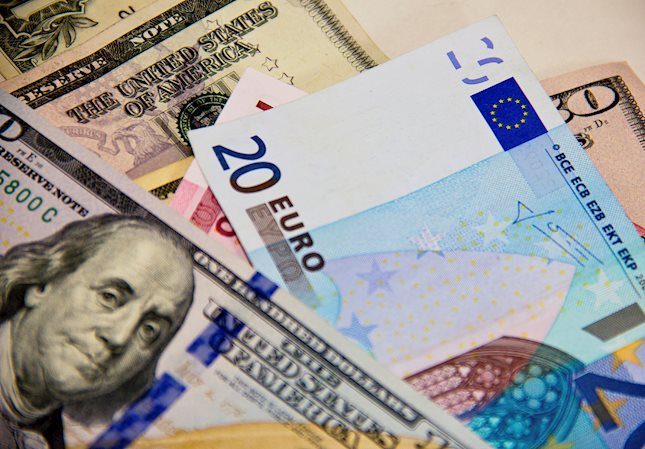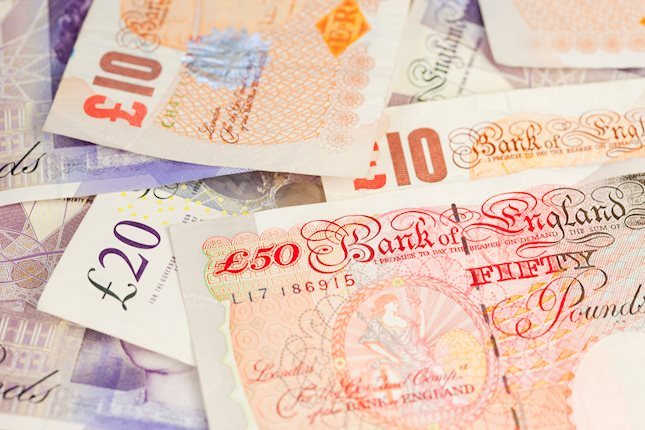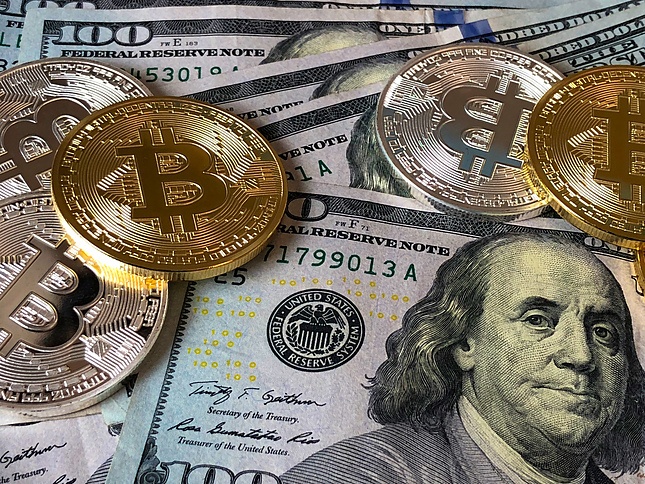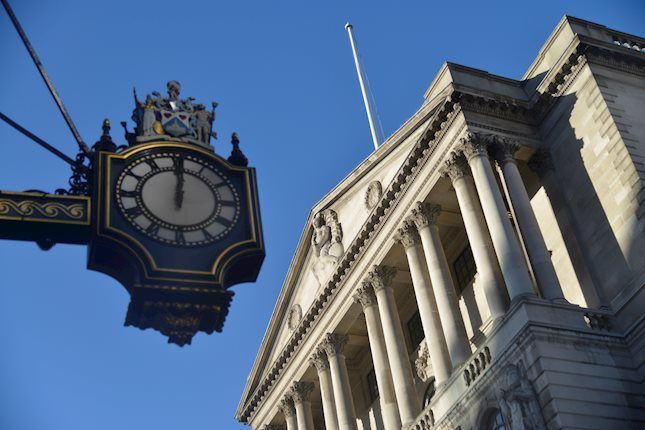Alex Tsipras, who became the head of the Greek government seven months ago, tendered his resignation on 20 August. The head of the strongest opposition party, New Democracy, Evangelos Meimarakis, was charged by the Greek president on the same night with forming a new government. He was unable to fulfil his newly entrusted mandate, however, and so the Greek president, Prokopis Pavlopulos, commissioned the former chairperson of the Supreme Court, Vasiliki Thanou, with the formation of a technocratic government on 27 August. She thus became the very first woman to lead a Greek government. She will head a temporary government until a new cabinet is formed following elections which should take place on 20 September
On 20 August Greece also received the first EUR 13 billion of the new rescue programme approved by both Greek MPs and some Eurozone state parliaments, including Germany’s. The money was sent to the country via the European Stabilisation Mechanism (ESM) which will provide the country with a total EUR 86 billion over the next three years.
This harbinger of spring in the form of EUR 13 billion helped the country repay EUR 3.4 billion to the European Central Bank (ECB) on the same day and a three-month bridging loan of EUR 7.16 billion to which EU states agreed in July. The threat of Greek financial collapse thus receded by a wide margin.
Thanks to the elections, Alexis Tsipras could strengthen his position and also expunge rebellious MPs from among electoral candidates.
This document is intended as an additional information source, aimed towards our customers. It is based on the best resources available to the authors at press time. The information and data sources utilised are deemed reliable, however, Erste Bank Sparkassen (CR) and affiliates do not take any responsibility for accuracy nor completeness of the information contained herein. This document is neither an offer nor an invitation to buy or sell any securities.
Recommended Content
Editors’ Picks

EUR/USD extends recovery beyond 1.0400 amid Wall Street's turnaround
EUR/USD extends its recovery beyond 1.0400, helped by the better performance of Wall Street and softer-than-anticipated United States PCE inflation. Profit-taking ahead of the winter holidays also takes its toll.

GBP/USD nears 1.2600 on renewed USD weakness
GBP/USD extends its rebound from multi-month lows and approaches 1.2600. The US Dollar stays on the back foot after softer-than-expected PCE inflation data, helping the pair edge higher. Nevertheless, GBP/USD remains on track to end the week in negative territory.

Gold rises above $2,620 as US yields edge lower
Gold extends its daily rebound and trades above $2,620 on Friday. The benchmark 10-year US Treasury bond yield declines toward 4.5% following the PCE inflation data for November, helping XAU/USD stretch higher in the American session.

Bitcoin crashes to $96,000, altcoins bleed: Top trades for sidelined buyers
Bitcoin (BTC) slipped under the $100,000 milestone and touched the $96,000 level briefly on Friday, a sharp decline that has also hit hard prices of other altcoins and particularly meme coins.

Bank of England stays on hold, but a dovish front is building
Bank of England rates were maintained at 4.75% today, in line with expectations. However, the 6-3 vote split sent a moderately dovish signal to markets, prompting some dovish repricing and a weaker pound. We remain more dovish than market pricing for 2025.

Best Forex Brokers with Low Spreads
VERIFIED Low spreads are crucial for reducing trading costs. Explore top Forex brokers offering competitive spreads and high leverage. Compare options for EUR/USD, GBP/USD, USD/JPY, and Gold.